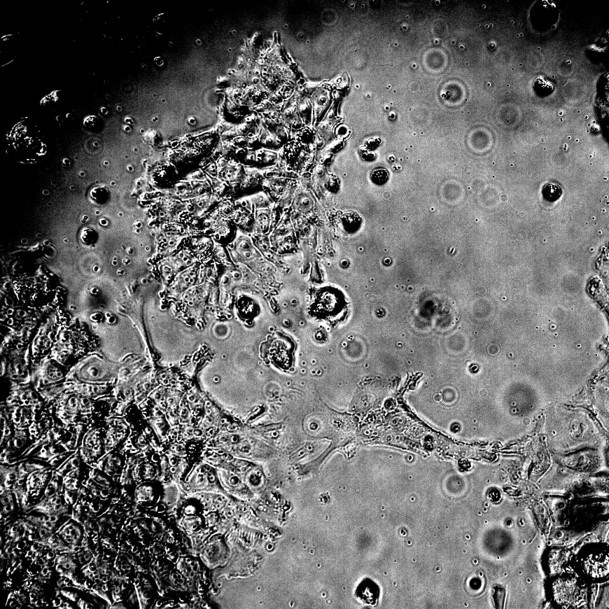What Makes Our Scientific Approach Different?
Debbie Chisholm on August 26, 2015

The first question we often get about Remedy Plan is: “How is this scientific approach different than what others are doing to fight cancer?”
The main difference is in the way we are attacking cancer cells. Most cancer drugs try to kill cancer cells. They do that by poisoning dividing cells’ DNA with chemotherapy or through radiation. Other drugs attempt to destroy cancer cells by inhibiting blood vessel formation or by super-charging the body’s immune system. But the problem with all of these treatments is that they end up attacking healthy cells as well as cancer cells. That’s what results in toxic side effects like hair loss, peripheral neuropathy (loss of feeling, usually in the hands and feet), nausea and vomiting, mouth sores and fatigue.
Remedy Plan is different because we’re working to make cancer cells harmless by removing their ability to spread and form new tumors (this is known as metastasis). We aren’t trying to kill off cancer cells– just disrupt their spreading abilities– and as a result our method avoids most or all of the toxicity associated with other methods.

Testicular cancer cells under a light microscope
Remedy Plan is different because we’re working to make cancer cells harmless by removing their ability to spread and form new tumors (this is known as metastasis). We aren’t trying to kill off cancer cells– just disrupt their spreading abilities– and as a result our method avoids most or all of the toxicity associated with other methods.
Our approach uses a technology that can distinguish between the most dangerous cancer cells and healthy cells (stay tuned for later posts describing our scientific methods!).
We are trying to create the first drugs that specifically and effectively block the metastatic spread of cancer. The drugs will target properties of cancer cells that are not even present in healthy adult tissue – so there is no fear of killing off healthy cells.
Our therapies have the potential to prevent metastatic spread. These are drugs that could be taken for life, to prevent any chance of the cancer coming back. This could effectively turn cancer into a manageable, chronic disease instead of a life-threatening diagnosis.
